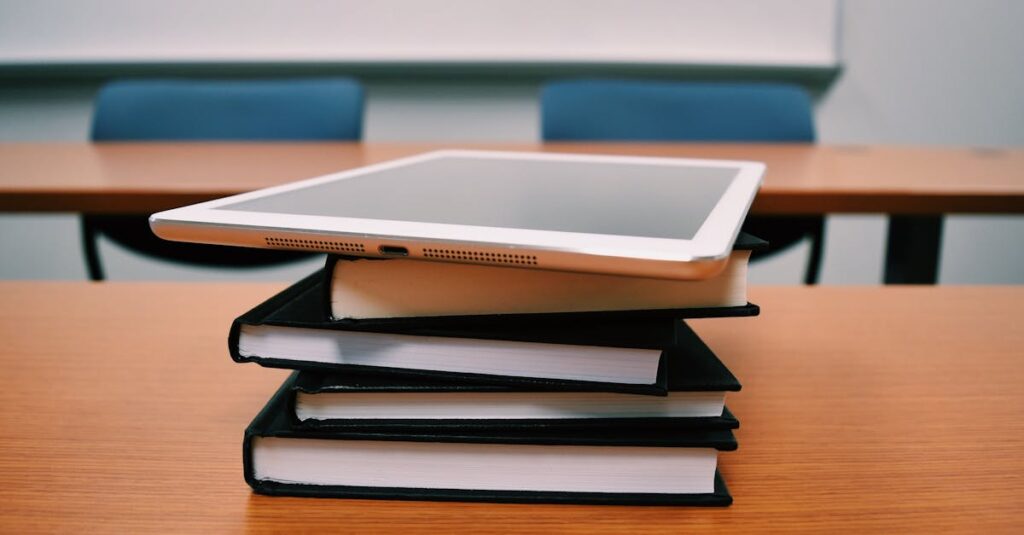MLS Exam Tips & Strategies
Getting ready for the ASCP MLS exam? You’re not alone—and you don’t have to do it blindly. This page is your guide to smart, effective preparation. You’ll find practical tips, proven strategies, and helpful insights to help you study more efficiently, manage your time wisely, and tackle the exam with confidence.

Follow these proven strategies and expert-backed guidelines:
1. Understand the Exam Structure & Content
The ASCP MLS exam consists of 100 multiple-choice questions, divided into different categories, such as:
- Hematology
- Microbiology
- Clinical Chemistry
- Immunohematology (Blood Bank)
- Urinalysis & Body Fluids
- Immunology & Serology
2. Create a Study Schedule
- Break your study time into manageable blocks.
- Focus on one section (e.g., Microbiology) each day, giving yourself time to revisit weaker subjects.
- Do not cram. Try to start studying 3–6 months before the exam to allow enough time for review and practice.
3. Take Practice Exams
- Practice exams help you get familiar with the question format and time pressure.
- Aim to take at least 5–10 practice exams before the real test.
- Focus on both content review and time management.
4. Focus on Weak Areas
- Determine your weakest areas and devote more attention to them after finishing practice tests.
- Use various resources, such as books, websites, and study groups, to improve at these things.
5. Join a Study Group
- Study groups provide people responsibility, encouragement, and frequently a fresh perspective on challenging subjects.
- Participate in online forums or study groups where other MLS hopefuls exchange materials and talk about various subjects.
6. Master Test-Taking Strategies
- Before choosing, carefully read each question and cross out any incorrect responses.
- Organise your time: Don’t focus too much on one question. When you’re not sure, skip it and return at a later time.
- Strategic guessing: If you must guess, weed out answers you are certain are wrong and choose a well-informed guess from the remaining possibilities.
7. Use Flashcards
- Flashcards are an excellent tool for self-assessment regarding concepts, definitions, and procedures.
- Using digital flashcards makes reviewing quick and simple. https://quizlet.com/
8. Get Enough Rest and Stay Healthy
- Sleep is essential for focus and memory retention. Make sure you get enough sleep the night before the test.
- Eat well and drink plenty of water. During extended study periods, take breaks to maintain your energy levels.
Tips for the Day Before the Exam
- Review briefly – don’t try to learn everything at once the night before the exam.
- Prepare your materials: Bring your ID, proof, and any items allowed by the exam board.
- Arrive early to avoid stress.
- Relax and trust in your preparation. Confidence is the key!
